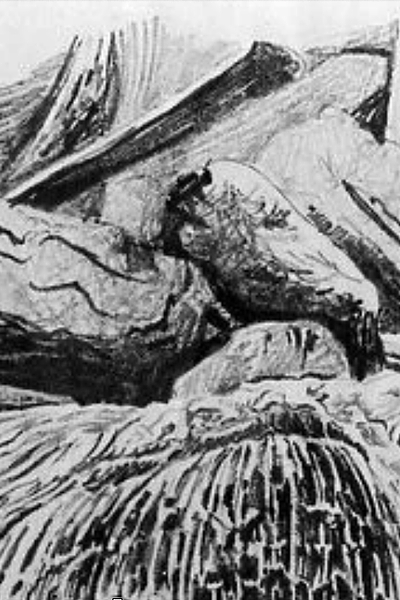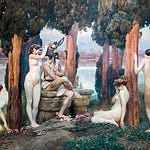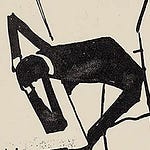Welcome back to The Invisible College, my series of literature courses for paid subscribers. The 2024 syllabus can be found here. This lecture is about the lives and works of Christina Rossetti and Gerard Manley Hopkins. It is free in its entirety to all; if you like it, please offer a paid subscription to enjoy past and future episodes. I discuss the Rossetti family, including Gabriele Rossetti’s conspiracy theory of literary history, and the Rossetti women’s devout Anglo-Catholicism; the Oxford Movement and John Henry Newman; Christina Rossetti’s sonnets of female experience and limitation; and her “Goblin Market,” with its Christian allegory, its anti-capitalist critique, and its sapphic subtext, not to mention its metrical originality and its bold use of metaphor and metonymy. I further discuss Gerard Manley Hopkins’s tutelage at Oxford under Walter Pater; Pater’s theory of art for art’s sake, his lyrical prose style, and their influence on modernism; Hopkins’s conversion to Catholicism and his entrance to the priesthood; his poetics, including his theories of “inscape” and “instress” and his use of “sprung rhythm”; his poetry’s performance of its meaning and its spiritual implication; his elegy for the working man and its homoerotic subtext; his nostalgia for medieval Oxford; and his “terrible sonnets” and their battle against despair. Above all, I discuss two poets’ struggle to conjugate their religious devotion, their literary originality, and their possibly proscribed desire on the threshold between the Victorian and the modern. Please like, share, comment, subscribe—and please enjoy. The slideshow corresponding to the lecture is below.
Erratum: I think I casually said Walter Pater converted to Catholicism, which isn’t true. He was attracted to the ritualism and aesthetics of the church, but, like his hero Marius, he did not quite make the leap before his unexpected death at the age of 54.














Share this post